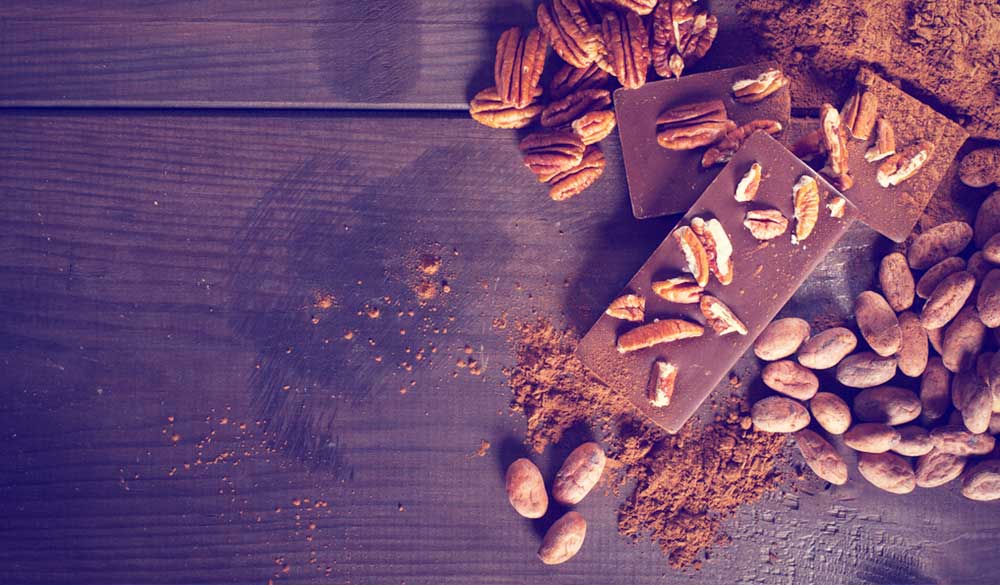A single virus particle (virion) cannot replicate or express genetic material (DNA, RNA) without a host cell.
Viral infection and virus replication involves six steps:[1]
- attachment: virus binds to host cell
- penetration: virus injects its genetic material into host cell
- uncoating: viral contents are released
- biosynthesis: viral genetic material replicates via the host
- assembly: viral components and enzymes are produced and begin to assemble
- release: newly produced virions are released from the host cell and move on to infect other cells.
Virus replication is also dependent on the availability of amino acids. Amino acids play an important role in virus-related infections as they are needed for protein synthesis and they also regulate many metabolic pathways, including gene expression. The absence of essential amino acids may result in empty virus particles that are free of viral nucleic acids (DNA or RNA).[2]
Arginine is one of twenty natural amino acids and is also a normal cell metabolite.[3]
Arginine is present in the following foods:[4,5]
- Red meat, fish, poultry
- Grains, nuts and seeds
- Dairy products
- Chocolate
- Legumes
Arginine is an essential requirement for the replication of viruses and progression of viral infections.[6,7]
Arginine bioavailability is absolutely necessary for the replication of herpes simplex virus, which causes cold sores and/or genital herpes. When arginine is not available, herpes viruses in cells are unable to complete a single replication cycle and cell damage is evident in infected cells.[7-9]
Arginine is not involved in the early steps of viral replication at the level of viral DNA synthesis. Rather, the amino acid is necessary for the expression of the late viral functions such as synthesis of viral coat proteins and production of complete infectious virions.[9,10]
Arginine is required for the replication of human adenovirus type 2 (common cold) and is essential for the production of complete infectious virions.[10-12]
Arginine is involved in the synthesis of viral proteins and it has been hypothesised that arginine is necessary for the formation of a functional protein that is essential for virion maturation.[12]
The complete reproduction cycle of human cytomegalovirus (CMV) requires arginine. Although the continued presence of arginine is necessary for uninterrupted virus production, it is most crucial at the early stage of CMV replication for the production of infective virions. Inhibitor studies suggest that arginine deficiency blocks CMV replication prior to the formation of viral DNA.[13,14]
The requirement for arginine in the vaccinia replication cycle occurs in two stages. It is necessary before the synthesis of virus DNA and the second requirement is associated with the formation of mature virions. The yield of infective virus is dependent upon the concentration of arginine.[6]
Certain viruses including HSV and adenovirus are characterised by their ability to cause latent (dormant) infections. The dormant nature of these viruses may be explained by the availability of arginine during various stages of the infectious process. In the absence of arginine, viral DNA synthesis continues undisturbed, whereas the formation of virions is inhibited. However, when arginine is made available, rapid and widespread infection follows.[9,10,15]
The relationship between arginine and lysine
Another amino acid, lysine, is able to reduce arginine's ability to help synthesise certain proteins. This antagonistic relationship might benefit people who suffer from frequent herpes outbreaks, such as cold sores or genital herpes, because arginine is needed by these viruses to reproduce.[16] Lysine can be found in foods such as brewer’s yeast, legumes, lentils and soy bean, so try to include these foods into your diet if you suffer from cold sores or feel a bit run down.[17]
References
- Bailey R. Virus replication. ThoughtCo 2016. Viewed 31 March 2017, https://www.thoughtco.com/virus-replication-373889
- Butorov EV. Influence of L-lysine amino acid on the HIV-1 RNA replication in vitro. Antivir Chem Chemother 2015;24(1):39-46. [Abstract]
- Ohtake S, Arakawa T, Koyama AH. Arginine as a synergistic virucidal agent. Molecules 2010;15:1408-1424. [Full text]
- Goldman R. 10 healthy high arginine foods. Healthline (medically reviewed 1 May 2015). Viewed 28 March 2017, http://www.healthline.com/health/healthy-high-arginine-foods#2
- Arginine: Heart benefits and side effects. WebMD (reviewed Jan 23 2017). Viewed 29 March 2017, http://www.webmd.com/heart/arginine-heart-benefits-and-side-effects#1
- Archard LC, Williamson JD. The effect of arginine deprivation on the replication of vaccinia virus. J Gen Virol 1971;12(3):249-258. [Full text]
- Sanchez MD, Ochoa AC, Foster TP. Development and evaluation of a host-targeted antiviral that abrogates herpes simplex virus replication through modulation of arginine-associated metabolic pathways. Antiviral Res 2016;132:13-25. [Abstract]
- Inglis VBM. Requirement of arginine for the replication of herpes virus. J Gen Virol 1968;3(1):9-17. [Abstract]
- Becker Y, Olshevsky U, Levitt J. The role of arginine in the replication of herpes simplex virus. J Gen Virol 1967;(1):471-478. [Abstract]
- Goldblum N, Ravid Z, Becker Y. Effect of withdrawal of arginine and other amino acids on the synthesis of tumour and viral antigens of SV 40 virus. J Gen Virol 1968;3(1):143-146. [Abstract]
- Rouse HC, Bonifas VH, Schlesinger RW. Dependence of adenovirus replication on arginine and inhibition of plaque formation by pleuropneumonia-like organisms. Virology 1963;20(2):357-365. [Abstract]
- Plaat D, Weber J. On the mechanism of arginine requirement for adenovirus synthesis. Arch Virol 1979;60(3-4):187-196. [Abstract]
- Garnett HM. The effect of arginine deprivation on the cytopathogenic effect and replication of human cytomegalovirus. Archives of Virology 1975;48(2):131-145. [Abstract]
- Gönczöl E, Boldogh I, Váczi L. Effect of arginine deficiency on the reproduction of human cytomegalovirus. Acta Microbiol Acad Sci Hung 1975;22(3):263-270. [Abstract]
- Tankersley RW Jr. Amino acid requirements of herpes simplex virus in human cells. J Bacteriol 1964 Mar;87:609-613. [Full text]
- Griffith RS, DeLong DC, Nelson JD. Relation of arginine-lysine antagonism to herpes simplex growth in tissue culture. Chemotherapy 1981;27(3):209-213. [Abstract]
- Osiecki H. The nutrient bible, 7th ed. Eagle Farm: Bio concepts publishing, 2000.
DISCLAIMER:
The information provided on FX Medicine is for educational and informational purposes only. The information provided on this site is not, nor is it intended to be, a substitute for professional advice or care. Please seek the advice of a qualified health care professional in the event something you have read here raises questions or concerns regarding your health.




